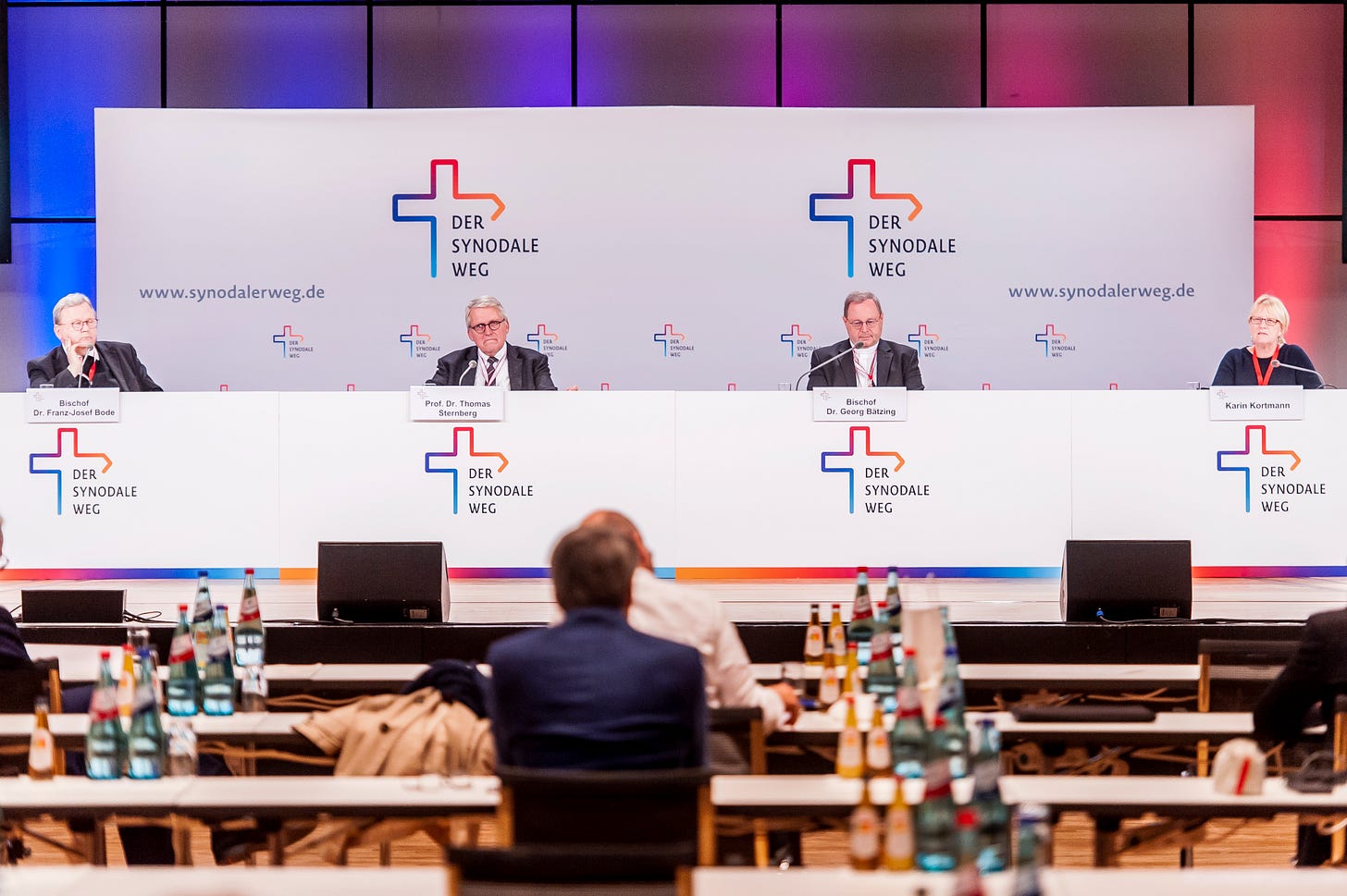The delegates of Germany’s “synodal path” met in Frankfurt last week for a three-day meeting that aimed to set the agenda for future meetings, while signaling support for several controversial proposals connected to the synodal project.

The …
The delegates of Germany’s “synodal path” met in Frankfurt last week for a three-day meeting that aimed to set the agenda for future meetings, while signaling support for several controversial proposals connected to the synodal project.

The …